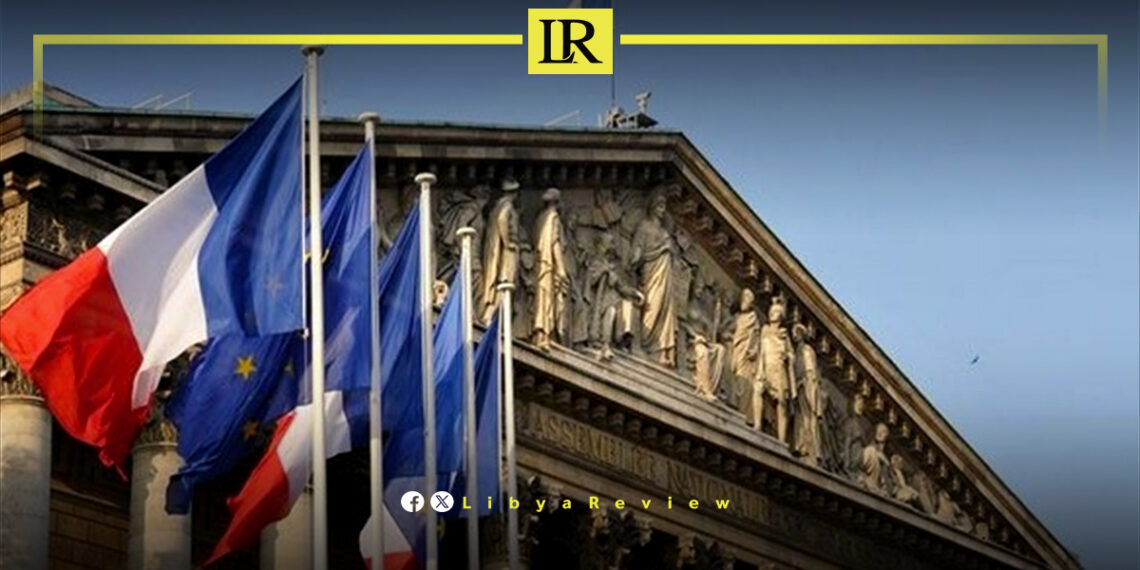On Monday, France called for immediate action to resolve the ongoing crisis at the Central Bank of Libya (CBL), which poses a serious threat to the country’s economic stability and its relations with international financial institutions.
In a statement, the French Ministry for Europe and Foreign Affairs expressed strong support for the United Nations Support Mission in Libya (UNSMIL) and its mediation efforts to find a solution. France urged all involved parties to engage sincerely with UNSMIL to reach a compromise and end the deadlock.
A spokesperson for the French Foreign Ministry warned of the potentially severe consequences of prolonging this crisis, which directly affects the Libyan people. “If this impasse continues, it will have dire consequences for the population, particularly in providing essential goods and services,” the spokesperson said. The crisis is seen as a symptom of the deepening fragmentation in Libya, where the absence of a unified government has only worsened the situation.
France underscored the importance of unity, transparency, and accountability in Libya’s institutions, especially the Central Bank. It stressed that the only way to achieve lasting peace and stability is through the resumption of the political process. This would include the formation of a unified government capable of organizing presidential and legislative elections, reflecting the will of the Libyan people.
The situation at the CBL is emblematic of Libya’s broader political chaos. Since the fall of Muammar Gaddafi in 2011, Libya has been divided between rival governments in the east and west, with major institutions, including the Central Bank, stuck in the power struggle. Leadership disputes at the CBL have paralyzed its ability to manage Libya’s oil revenues effectively, undermining the distribution of public salaries and essential goods.
UNSMIL has been working to broker a deal between the warring factions to restore the CBL’s governance, but progress has been slow. The current state of division and lack of political cohesion in Libya makes it difficult to secure a lasting resolution. France’s call for action reflects growing international concern over the prolonged crisis, which continues to damage Libya’s economy and destabilize the region.


